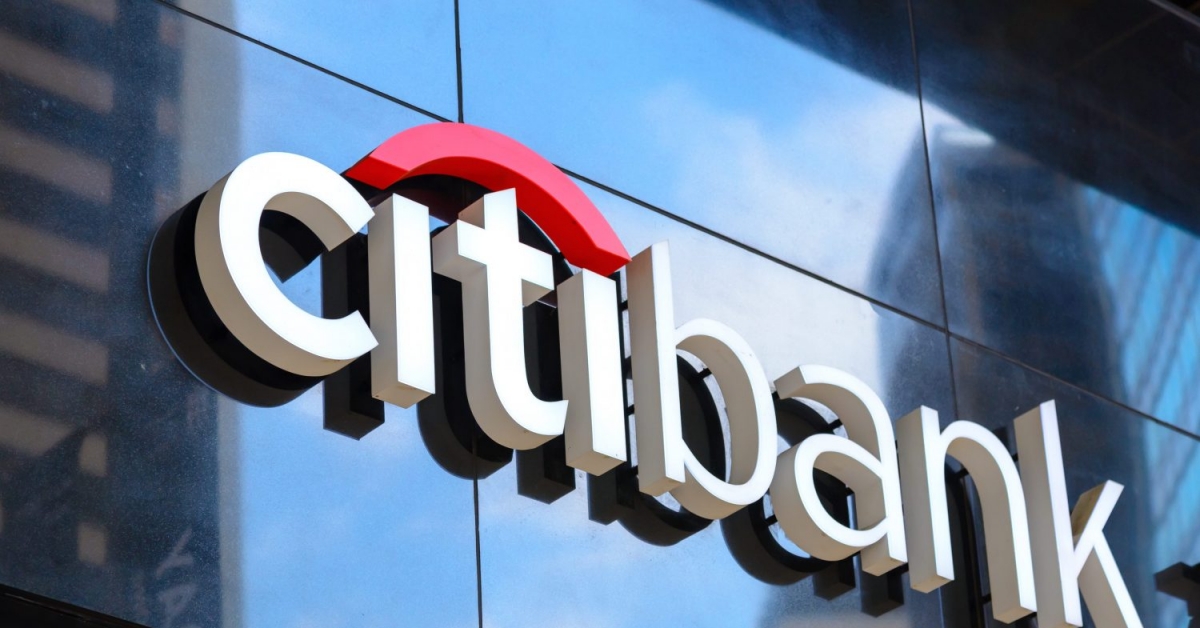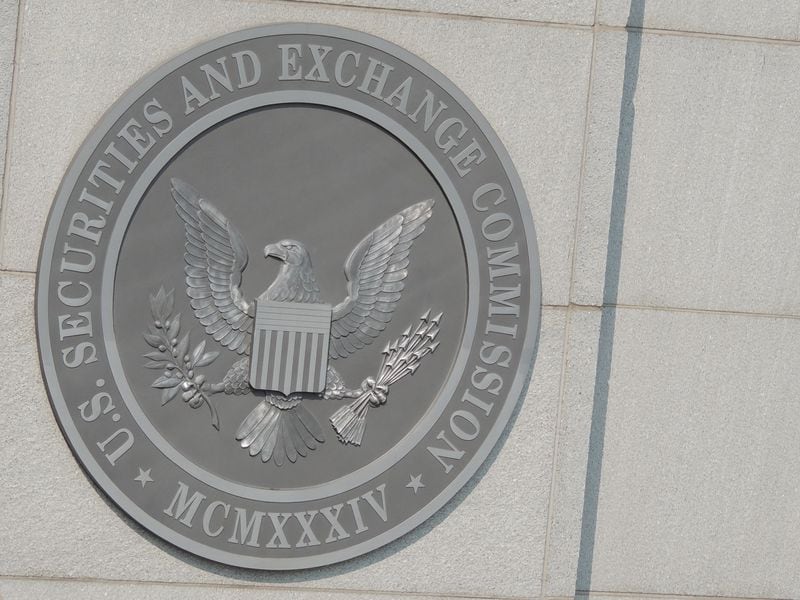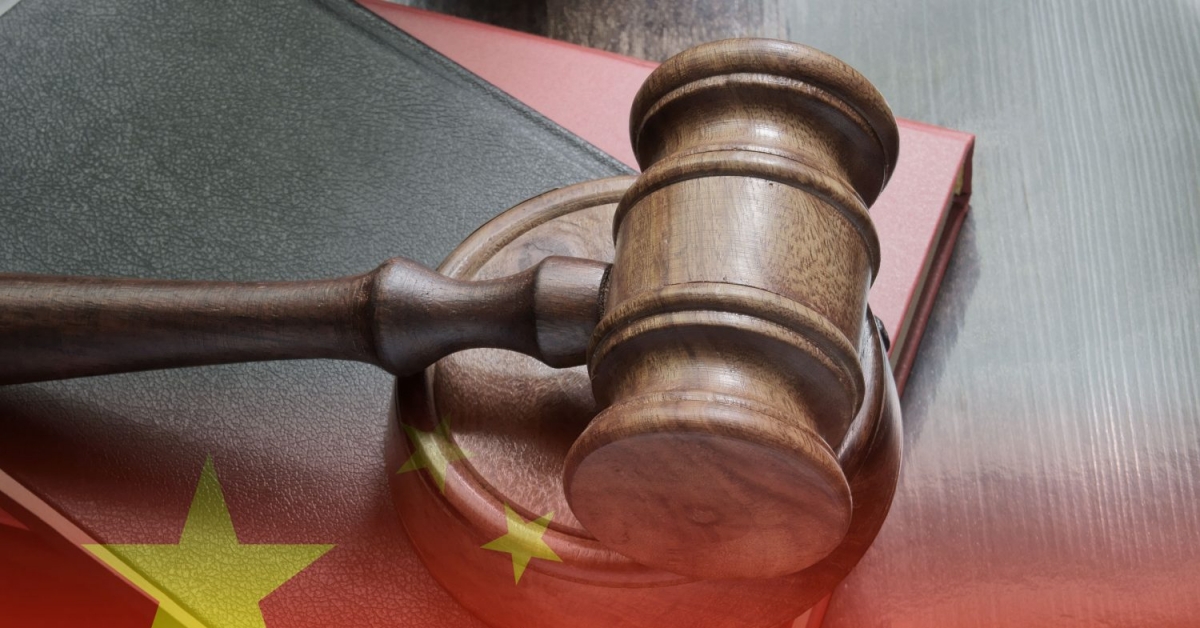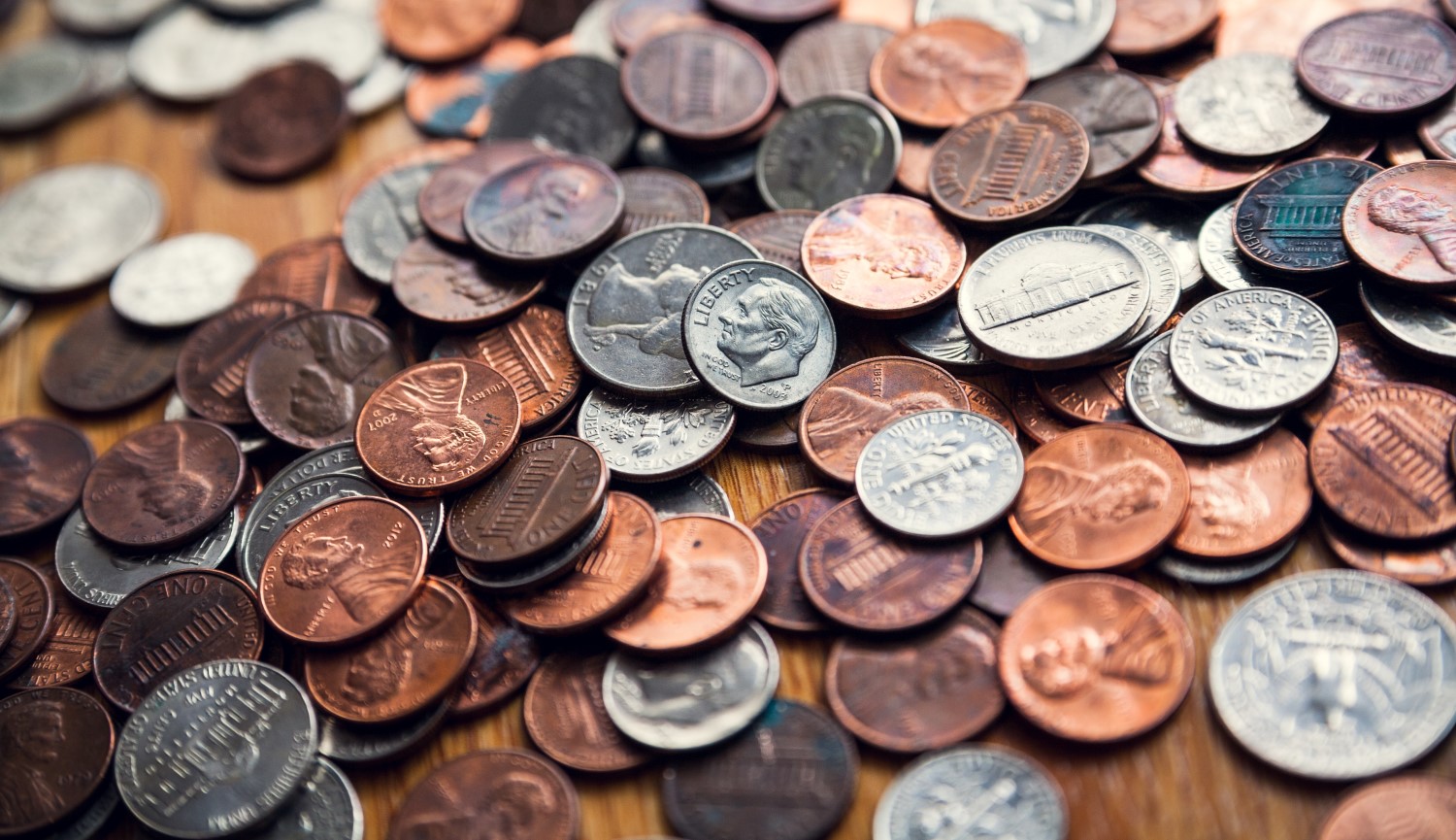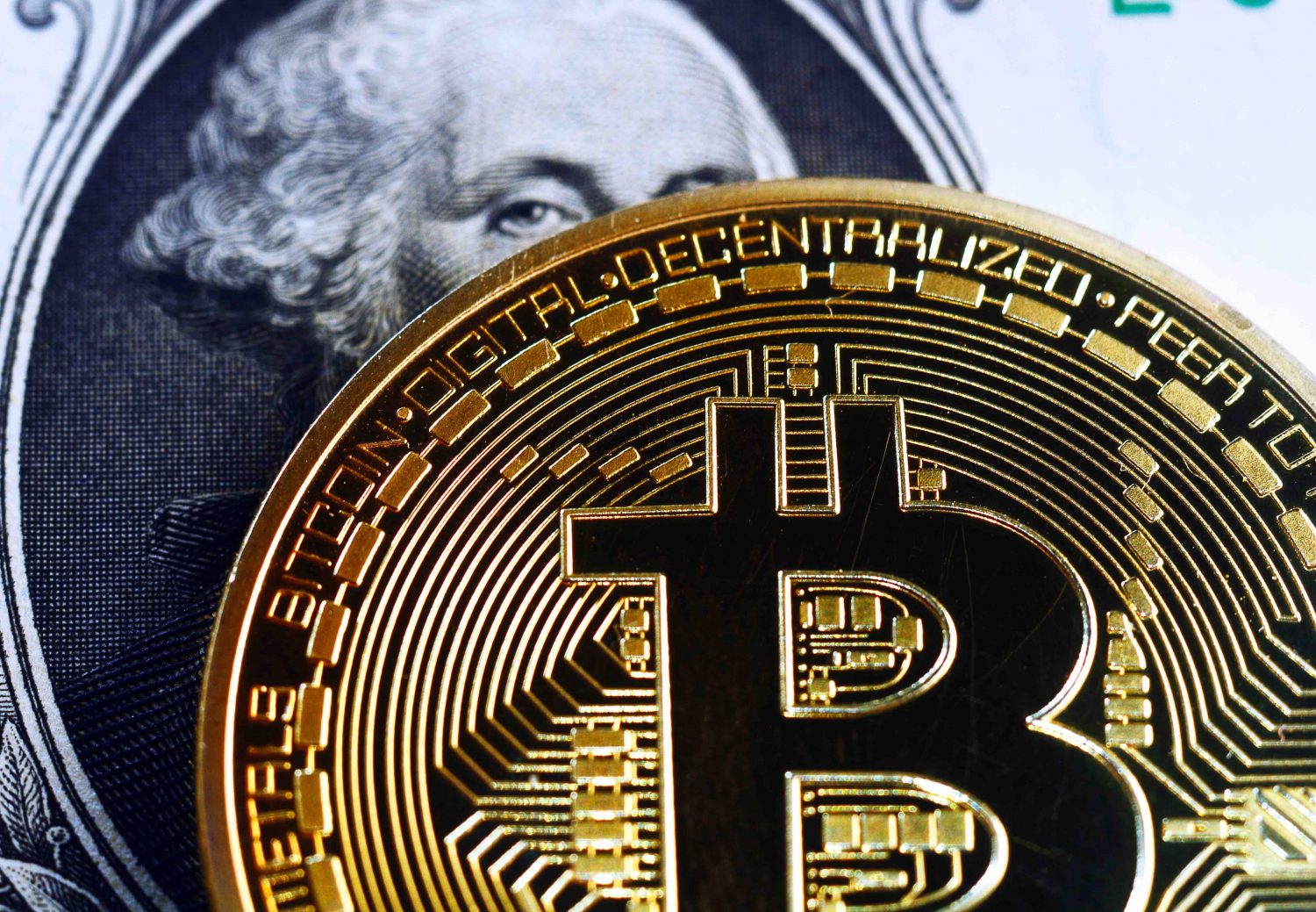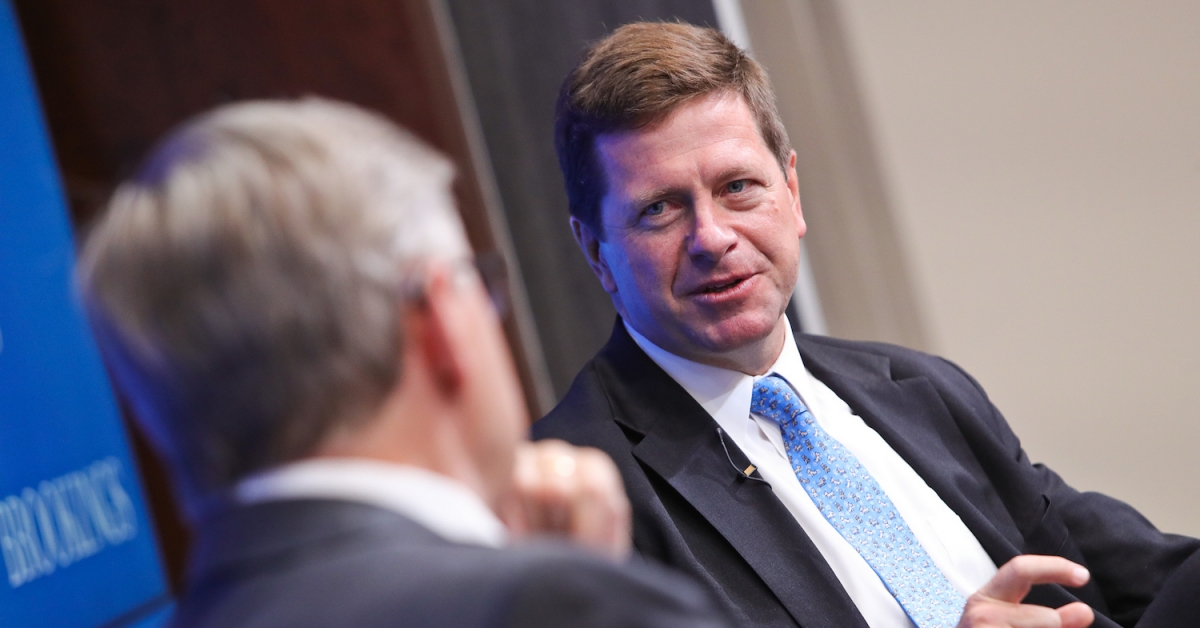What Bitcoin and the American Dream Have in Common
The United States of America says, after Walt Whitman: “I am large, I contain multitudes.”
It’s full of platitudes, too: Land of the Free, Home of the Brave, A Shining City on a Hill. They’ve become platitudes as time has passed and the country (and the people who make it up) have changed. Changed just as its national motto has, from a fitting e pluribus unum (“from many, one”) to a frankly puzzling “In God We Trust.”
Note: The views expressed in this column are those of the author and do not necessarily reflect those of CoinDesk, Inc. or its owners and affiliates.
What hasn’t changed, at least in name, is the U.S.’s animating myth: The American Dream. The idea that anyone can achieve success through sacrifice, talent, hard work, and grit, rather than just plain old luck.
The American Dream means different things to different people, though. I am a first-generation Greek-American, so to me, the American Dream means taking advantage of the opportunities I had because of a sacrifice my grandparents made by leaving their home country with their children.
Does the American Dream mean the same thing to those whose families came from England ten generations ago? Or five generations ago from Ireland? Or Italy? What about those whose ancestors came here on slave ships?
This ambiguity isn’t necessarily a problem. It’s true of many big, important ideas: democracy, for an easy example. Just because there isn’t broad, ubiquitous agreement on what an idea means doesn’t mean there isn’t anything to glean from it. There are guiding principles embedded in these ideas. At risk of sounding full of non-sequiturs, it’s in this way that Bitcoin and the American Dream fit together.
Bitcoin and its multitudes and platitudes
Platitudes include: Bitcoin Fixes This, Bitcoin is [Synonym for Hope], You Wouldn’t Get It, Number Go Up, Have Fun Staying Poor.
It might seem trite to compare Bitcoin to the American Dream, but from my vantage point the commonalities are painfully obvious.
At the surface level Bitcoin and the American Dream are a decent match. Success through “hard work”? That’s exactly how bitcoin mining works: the more work you put in, the more you’re rewarded.
We can ask more questions.
Is bitcoin peer-to-peer, electronic cash? Is bitcoin digital gold? Is bitcoin a store of value? Will Bitcoin enable a clean energy transition? Will Bitcoin use all our water? Can the Bitcoin protocol supercharge ransomware? Can Bitcoin empower the individual in oppressive regimes? Will Bitcoin cripple the Federal Reserve? Will Bitcoin bankrupt you? Will Bitcoin make you rich? Is Bitcoin Resistance Money? Is Bitcoin a Ponzi scheme?
The answers to these questions depend on whom you ask. For this reason, Bitcoin and the American Dream are even more alike that they appear.
Bitcoin means something different to me, a fully banked American citizen with access to basically any financial product I can dream up and to a relatively stable local currency, than it does to Roya Mahboob, an Afghani woman who uses Bitcoin (among other technologies) to help girls in Afghanistan overcome gender inequality and get an education. It means something different yet to Argentinians and Venezuelans facing hyperinflation.
All these meanings of Bitcoin can be and are true. Bitcoin is large, it contains multitudes. Freeing those multitudes to transact without permission is the ethos of Bitcoin as a peer-to-peer, electronic cash system.
Bitcoiners can agree that Bitcoin can be many things in the same way that Americans can agree that the American Dream (and America, for that matter) can be many things. One thing is for sure: as Americans are tied together by the American Dream, there is an ethos of Bitcoin, the freedom to transact, which ties bitcoiners together.
A supersized side of cynicism…
I intentionally sidestepped a question above because it is top-of-mind right now for both America and Bitcoin.
Is America captured by corporate interests? Is Bitcoin?
George Carlin famously said in a stand-up comedy routine that “it’s called the American Dream because you have to be asleep to believe it.” To his mind, the country had long been co-opted by profiteers. In a way, I share some of that cynicism. Consumerism and the obsession with acquiring things embarrass me as an American.
This cynicism is echoed by the father of gonzo journalism, Hunter S. Thompson, in his acclaimed book Fear and Loathing in Las Vegas: A Savage Journey to the Heart of the American Dream. The title conveys the point: Las Vegas, as an epicenter of gambling and entertainment, is a caricature of American excess and consumerism, both of which (along with the drugs that feature prominently in the book) threaten to sully America’s name.
As for bitcoin, it is now being peddled, in a sanitized form, by the likes of BlackRock, the biggest, most mainstream financial firm in the world, through the U.S. spot ETF. Bitcoin, the idea and asset born from the ashes of the Great Financial Crisis as a rejection of the Icarian behavior of the leverage-ridden, synthetic derivative-obsessed financiers who birthed the crisis, is now being advertised for purchase by those same institutions. Has Bitcoin been captured by corporate interests?
Perhaps, at least partially.
All that said, I believe one of the best parts about being American is being able to complain about America. That’s one of the best parts of being a Bitcoiner too. And both are better for it, even if there are both Americans and Bitcoiners who will yell at you for doing so.
Happy 248th birthday, America!
Edited by Marc Hochstein.



